Hi, Nicole here! I’m excited to share what we’ve been up to at CFM around the issue of museums and labor and invite you to join in at this year’s annual meeting.
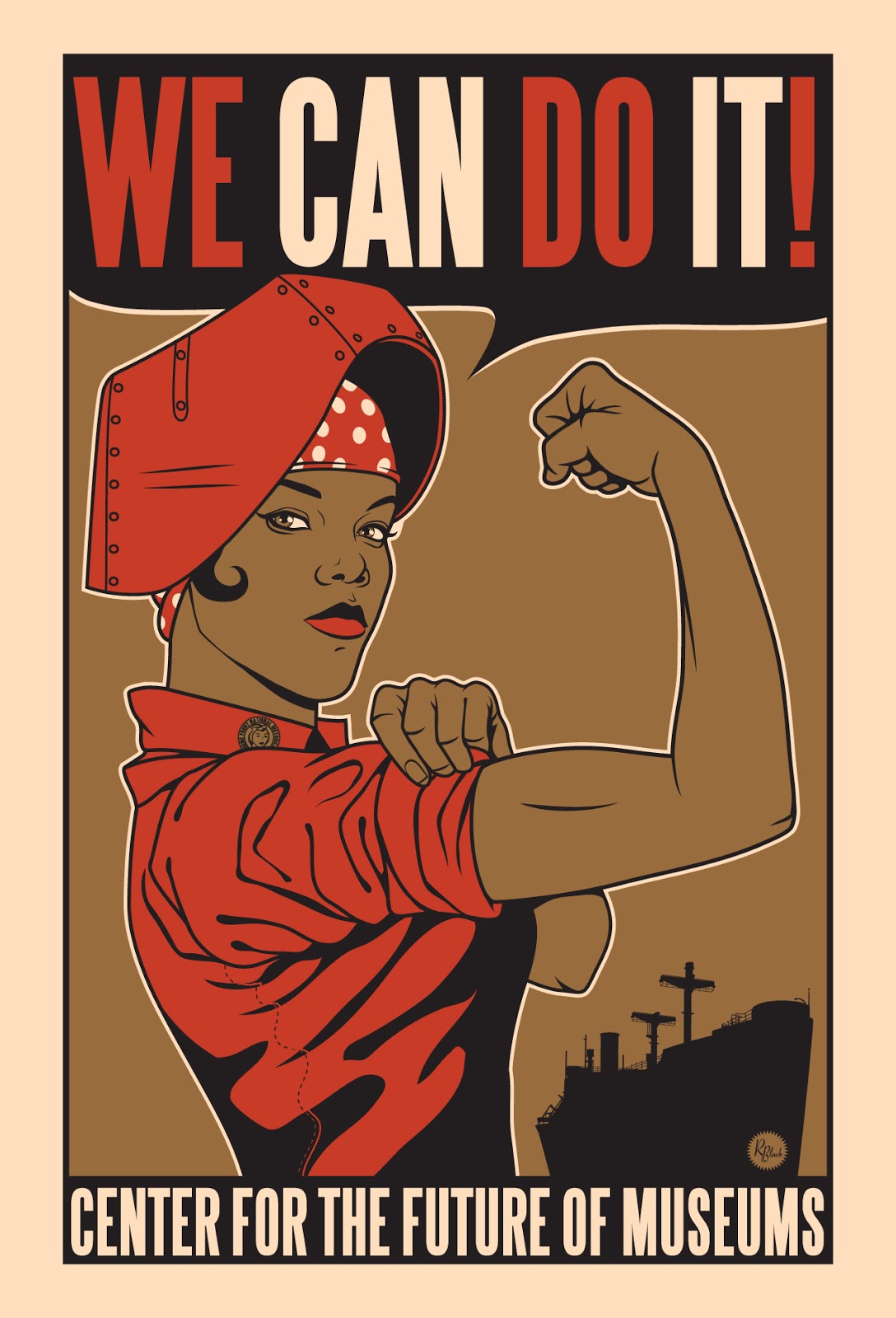 |
| Image credit: R. Black |
Labor issues continue to be front and center as the ways that we work undergo rapid shifts. Elizabeth Merritt points out in the “Labor 3.0” chapter of TrendsWatch 2016 that developments in artificial intelligence, the rise of the gig economy, and increased connectivity (among other factors) are radically altering how, when and where we get work done. Sweeping demographic changes in the US also provide an important context for the future of work conversation. Museums do our work in an ever-diversifying cultural landscape. Shifts in the nature–and future–of work demand that we ask tough but productive questions about who museums will work for and who will work in museums..
CFM is tackling these questions head-on in our sessions at the annual meeting, and also with three days of ongoing programming in MuseumExpo at the AAM Resource Center. We are exploring several key themes related to museums and labor:
Internships and Wages— On the economics of museum work, including the ethics of unpaid internships and what they mean for the future of the field.
Hiring Bias—An examination of issues that reduce pathways to employment for underrepresented groups within the field.
Workplace Inequity—What are some micro- and macro-aggressions that museum professionals encounter in the workplace and how our field might strategize to reduce harm.
Retention—What are some issues that prevent talented professionals from remaining in the field? What questions of access, dis/ability and inclusion help define this issue?
Thankfully, we don’t have to go it alone. We’re partnering with several organizations and individuals inside the CFM Demo space in MuseumExpo’s Alliance Resource Center to engage museums and labor across a broad range of perspectives. I hope that you will stop by, share, meet folk doing work on the issues and pick up a few tools for creating equitable and inclusive future museum workplaces!
Check out the suite of activities in the CFM Demo on Museums and Labor, and also consult the (absolutely non-exhaustive) list I’ve compiled below of sessions exploring labor issues. I hope that these lists will prove useful in navigating the slew of timely, thoughtful events that engage the future of work, and its impact on the intersection of power, influence and responsibility. Also stay tuned—we’ll be highlighting CFM Demo activities here on the blog in the month leading up to the annual meeting through guest posts from our collaborators.
CFM Demo on Museums and Labor
MuseumExpo Demo in the Alliance Resource Center
Thursday, May 26
10:00 am – 12:00 noon: Join the Incluseum for “Bias Cache: Collecting Incidents and Interruptions of Workplace Bias in Museums,” an analysis of workplace bias using real-time data collection of anonymous stories from annual meeting attendees. This activity will culminate in the Incluseum sharing their results on Saturday, May 28.
12 noon – 2:00 pm: Museum Hue hosts “Casting a Wider Net,” an interactive experience that mines qualitative data and the lived experiences of people of color to empower museums to make more equitable decisions about hiring and inclusion.
2:00 pm to 4:00 pm: Delve into questions of wages and ethics with Museum Workers Speak in their “Roundtable on Internships and Wage Equity.” This drop-in roundtable seeks to “break down silos and echo chambers” by bringing together a diverse panel of participants to “exchange and develop strategies for positive change.”
4:00 pm to 5:00 pm: Makeba L. Clay hosts a storytelling activity, “Combating Microagressions,” that highlights strategies for fostering diversity, access, and inclusion in the workplace by interrogating the stereotypes and assumptions that underlie how we relate to each other.
Friday, May 27
On Friday morning at 8:45 am, I’ll be chairing a session entitled, “Reducing Hiring Bias in Museums.” This session brings together Anne Gregory of GapJumpers and Kieran Snyder of Textio to demonstrate how algorithms can be used to help museums create more equitable hiring processes. We’ll be joined by hiring manager and career coach Suezette Robotham to engage attendees in trying out non-traditional strategies for broadening the pathways to museum employment.
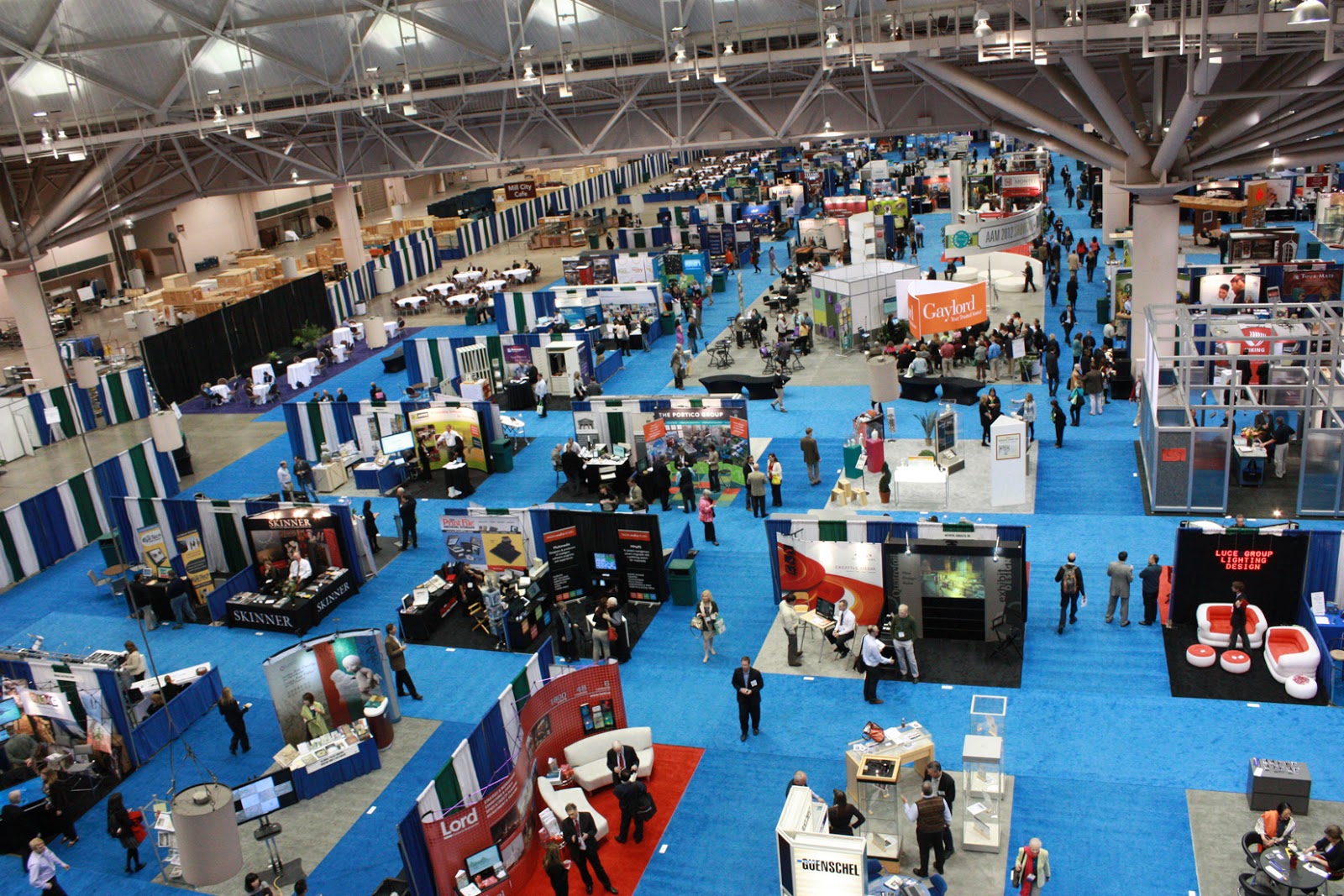 |
| A view inside the ExpoHall |
This session is also part of the lead-up for CFM’s first FutureLab project, in which we’ll be inviting museums to partner with GapJumpers and Textio to demo the process of using these tools in a real-time hiring processes. And a bonus: Our panelists will be hosting one-on-one sessions with individuals interested in learning more about tools for mitigating hiring bias. Thirty-minute timeslots will be available in the MuseumExpo at the CFM booth from 12 noon to 3:00pm. Reply in the comment box below to secure a time in advance!
3:00 pm – 5:00 pm: Visit the booth for drop-in conversations on Engaging Access, Ability and Inclusion. Learn, share, and reflect on issues of disability, ability, and access in the hiring pipeline.
Saturday, May 28
10:00 am – 11:00 am: Open Forum: Advancing Diversity and Inclusion within AAM and the Broader Museum Community. AAM’s Diversity Professional Network (DivCom) hosts this discussion on “advancing diversity, equity, and inclusion within AAM and the broader museum community.” Join AAM staff, board members and Professional Networks – DivCom, LGBTQ Alliance and the Latino, Asian Pacific American, and Indigenous Peoples Museum Networks for a participatory conversation toward effecting long-term changes in the field.
11:00 am – 12:00 noon: Continue the morning’s conversation, and engage next steps, in the DivCom Diversity and Inclusion Talk-back.
In addition to the events in the CFM MuseumExpo Demo, here are some related sessions that might be of interest to those of you planning your schedules now (note: advanced registration ends on April 29):
Thursday, May 26
1:00 pm: Centering Lived Experience: Stories of Trauma and Museums. What happens when museums hire survivors of trauma to tell their own stories? Lauren Zalut, Irina Zadov, Noah Rauch, and Mark Katrikh discuss.
2:45 pm: Diversity from Talk to Action considers the roles museum leaders can play in creating pathways to diverse employment. Facilitated by: Elaine Heumann Gurian, Eric Jolly, Johnnetta Cole and Earl Lewis
2:45 pm: Embracing the Power of College Interns as Volunteers explores meaningful avenues for college students to get involved in museum work. I’m interested in how this panel explicitly puts internships and volunteer positions in conversation. With: Richard Harker, Herbert Jones, Omar Eaton-Martínez and Megan Millman
Friday, May 27
2:00 pm: Slave Wrecks Project: How to Create Empowering Partnerships is a case study of the Smithsonian’s National Museum of African American History & Culture. Deborah Mack leads this session highlighting how the NMAAHC trains the next generation of diverse, empowered leaders through its global partnerships.
The Museums and Race 2016 Gathering for Transformation and Justice, 12 noon – 5:00 pm at the Marriott Marquis Hotel.
Saturday, May 28
8:45 am: In What We Talk About When We (Don’t) Talk About Women in Museums, attendees grapple with concepts like the gender wage gap and the glass ceiling. I’m also interested in the session’s lab structure. With Anne Ackerson, Marieke Van Damme, Jessica Ferey, and Joan Baldwin
8:45 am: At Museum Workers Speak: One Year Later, MWS reflects on its insights since its “rogue session” on museum labor at AAM 2015. Learn ways that museums can continue to “turn the social justice lens inward” and foster more inclusive workplaces.
11:45 am: Interns In Your Museum: The Nuts & Bolts of Legal Compliance. The focus on best practices and parsing the law will be of interest to all those who want to know more about interns’ rights and the legal responsibilities of host institutions.
11:00 am: Transforming the Workforce: Autism-Friendly Hiring Practices focuses on improving the diversity of ability. Presenters Meredith Gregory, Barbara Johnson Stemler, Samantha Schott, Philip Dallmann and Aliza Greenberg share how organizations partner with families and schools to employ youth and older adults with autism. I’d love to know what links participants find with TrendsWatch 2016’s “More Than Human: extending the spectrum of ability.”
2:00 pm: We’re Not That Hard to Find: Hiring Diverse Museum Staff. Presenters Tracy Lauritzen Wright, Joy Bailey Bryant, Sheila McDaniel, Monica Montgomery, and Omar Eaton-Martínez consider the need for diversity in museum leadership in light of current projections for a profoundly more culturally diverse US demographic by 2025.
3:45 pm: AAM’s Getting Started on Recruiting and Hiring Employees, led by Trevor Jones, gives particular attention to recruitment, the process of drafting job descriptions, candidate screenings and the legal and ethical dimensions of hiring. It should be an interesting complement to Friday morning’s 8:45 am “Reducing Hiring Bias” session, moderated by yours truly.
Sunday May 29
8:45 am: At Professional Collectives as New Learning Models, learn about professional development models that privilege shared authority and horizontal leadership. A diverse array of institutions are represented by facilitators Keonna Hendrick, Rebecca Aleman, PJ Policarpio, Pablita Santos and Stephanie Cunningham.
And check out Elizabeth’s earlier post–Your Guide to the Future at the Annual Meeting–for more recommendations for sessions related to themes we are following through CFM.
Elizabeth Merritt

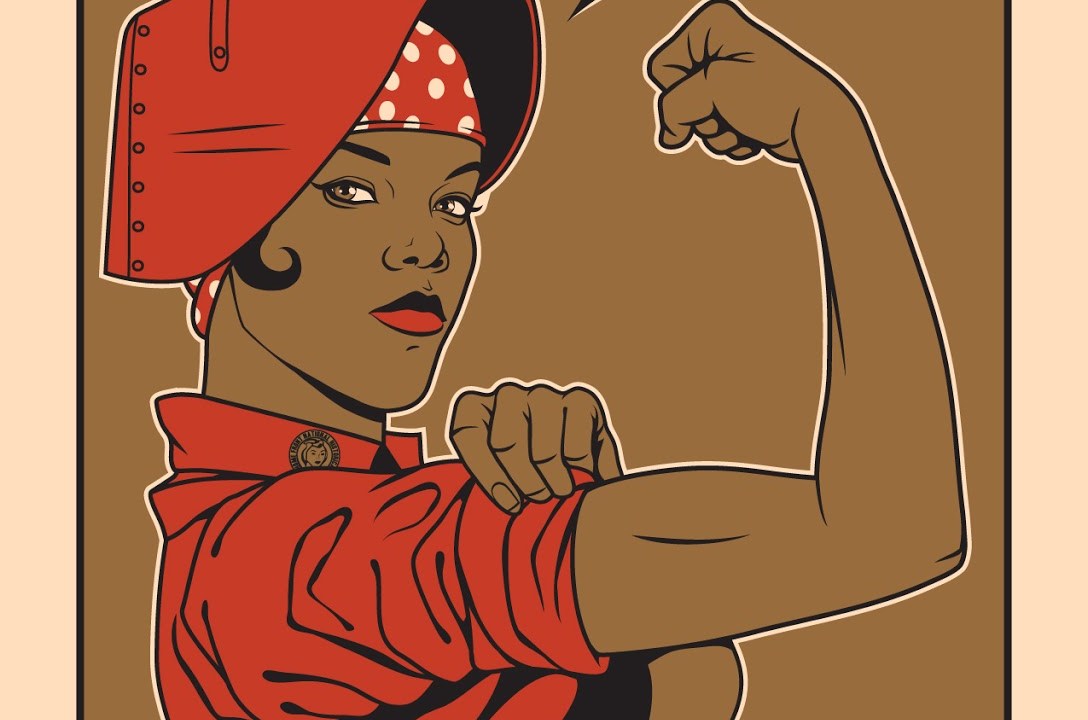




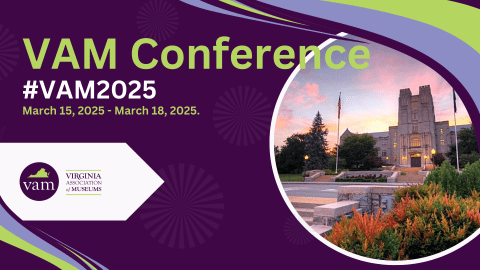

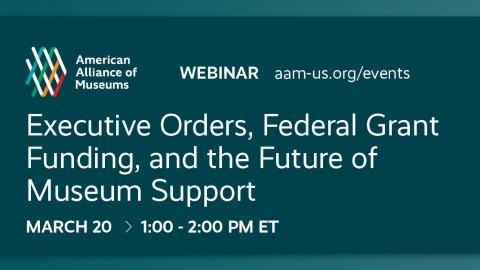
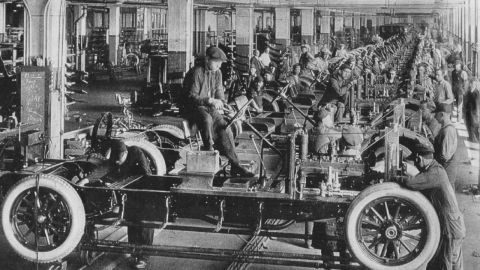
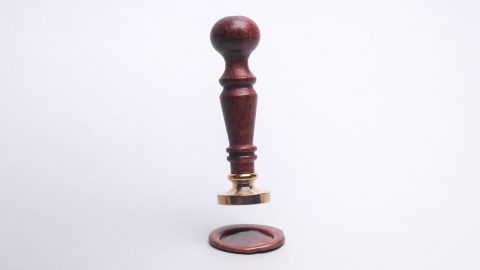


This probably will not be addressed but it should be. I am an elder, I went back to school when my son was old enough to be independent and received my Masters in Art and Photo History. I also have two Bachelors…one in Anthropology and one in Studio Art. I worked as a museum director and/or curator at three museums over a 17 year period. My last position ended when our museum closed because of county funding issues and we were all laid off.I have applied for many many many jobs…usually make it to a phone interview, have been interviewed personally several times but as soon as they figure out I am an elder, it is over. I have been told I have a problem with my "youth equivalent factor" and "we need someone more current" and "you are welcome to volunteer" to name a few excuses. I am seasoned, educated, healthy, experienced and have worked hard to be brilliant when it comes to the many aspects of museum work. I understand that it is competitive, that people are graduating from even online certificate museum studies and that elders are last on the list. But I am still frustrated that I have been barred from working in my field. It appears knowledge and experience are on the short list. I am currently a caregiver because I have to pay bills. I keep trying for museum positions because I am stubborn and refuse to give up.
Thanks for your comment, smmw. In addition to sounding like a legitimate issue of unlawful age discrimination, your case reminds me of a post on the Joanne Mattera art blog (http://joannemattera.blogspot.com/2010/04/marketing-mondays-ageism.html) about the problem of galleries privileging ever-younger artists. The post talks about ageism as the "elephant in the room."
I've never before heard of the "youth equivalent factor" and admit to reading those words with a grimace. Ageism is a pernicious form of discrimination–and makes less and less business sense, given the longer tenures of individuals in the workforce (see: NPR's http://www.npr.org/2014/03/18/291136301/with-less-financial-security-older-workers-stay-on-the-job). As a fellow stubborn person, I empathize and I encourage your tenacity!
Another pernicious form of discrimination that few are brave enough to acknowledge is that of queer folks over others who are straight and more qualified. The inclusion trend has turned into a preference trend.
Can I sign up for the 12:30 slot on Friday? That would be great. Thank you and would I need to bring anything besides my notebook and folder of resumes?
Hi Jessica! Absolutely! I'll put you down for 12:30 pm on Friday. Those materials are perfect. I look forward to seeing you at the demo on Friday!